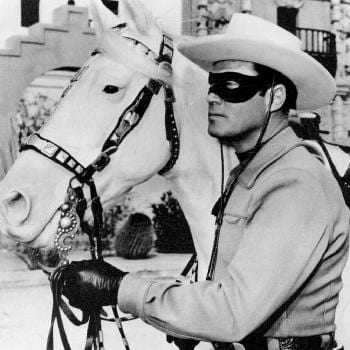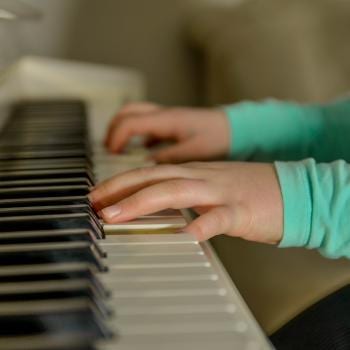I recently ran across this quote from Michael and Debi Pearl’s child training manual child abuse manual, To Train Up a Child:
Mother, if you think the father is too forceful in his discipline, there is something you can do. While he is away demand, expect, train for and discipline to receive instant and complete obedience from your children. When the father comes home the house will be peaceful and well ordered. The children will always obey their father, giving him no need to discipline them.
Why didn’t I think if that?! If your husband is physically abusive to your children, all you have to do is train your kids into mindless perfectly obedient little robots and then your husband won’t have a reason to beat them! That’s awesome advice! . . . Wait, no, actually that’s terrible advice.
Look, beyond how obviously messed up this is—I don’t believe children should have their wills broken (something the Pearls teach) or be trained to give instant and complete obedience without question—it’s also wrong. It’s quite common for an abuser to look for any little thing to criticize and use as an excuse for more abuse, so what you end up with is a spiral where you try to be more and more “perfect” in an effort to avoid abuse but never actually arrive.
When I read the quote I provide above from To Train Up a Child, all I could think of is the people I know today who lived that as children—who lived in families with abusive fathers and with mothers who wouldn’t stand up and protect their children but instead focused on trying to get their kids to be good so that the abuse wouldn’t happen so often. And that’s wrong. And what Michael and Debi do in their books, quite simply, teaches, feeds, and perpetuates that. Here’s another quote:
One parent should NEVER correct or question the other’s judgment in the presence of the children. It is better for your child if you support an occasional injustice than to destroy the authority base through your open division.
Presumably the Pearls think that a woman should stop her husband from beating a child senseless, or killing him—and presumably a man should stop his wife from, say, starving a child to death. Presumably this idea that you should support injustice rather than question the other parent’s judgement has its limits. But then, maybe I’m presuming too much. Either way, they don’t give any such caveat in their book, To Train Up a Child. Instead, they add this:
We see this manifested when a child that is being disciplined by the father begins to plead for his mother. When a child runs to the mother, the mother should take up the discipline as forcefully as the father.
Because apparently the perfect way to handle a father beating his child is for the mother to contribute to the beating rather than protecting her child. Look, I get the whole thing where the one parent says no so the child goes and asks the other parent. Sean doesn’t like it when he tells Sally she has to wait until after supper to have ice cream and then I tell her she can have it before supper, and vice versa, and we try to keep the times we do that to a minimum. But that doesn’t mean there’s never a time and a place for it, and I would definitely say that your husband being “too forceful” in physically disciplining the kids would be that time and place. But the Pearls’ say instead that the mother should respond to a child appealing to her for respite from the abuse by joining in the abuse.
I’ll finish by offering one more quote. As you read it, imagine a woman with a husband who is physically abusive to her children reading it:
After a child has been spanked, he should not be allowed to flee to the other parent for sympathy. It is important that he find his solace in the one who did the spanking. When God chastens us, it is to draw us to himself, not to cause us to turn to another.
And no, there’s no caveat, and no description of how far is too far or exactly what qualifies as “abuse.” And as we’ve seen in Debi’s book, Created To Be His Help Meet, the Pearls aren’t big on women trusting their intuitions. You know, I feel like the Pearls never actually stopped to think about what would happen if abusive parents were to read their books—and to be honest, their horrifying and dismissive responses to the deaths of Sean Paddock, Lydia Schatz, and Hana Williams’—all of whom died at the hands of parents who were followers of the Pearls’ discipline methods—rather confirms that.














